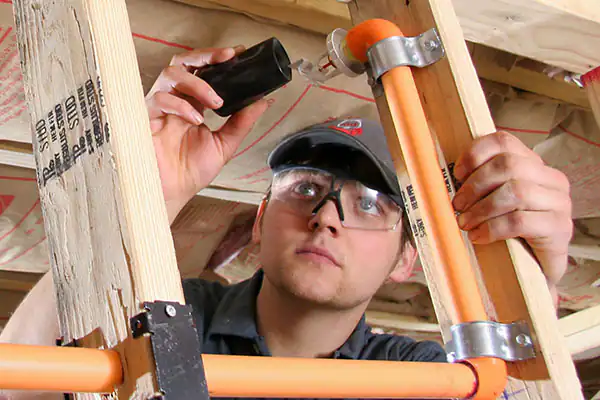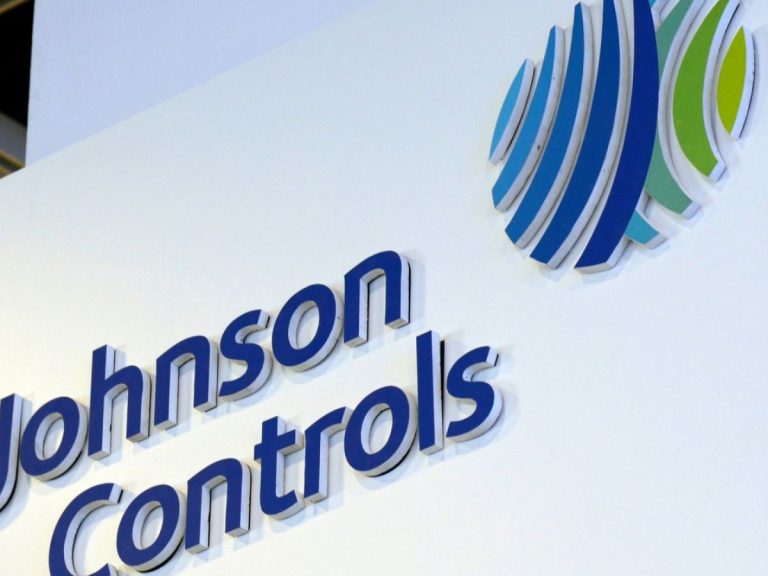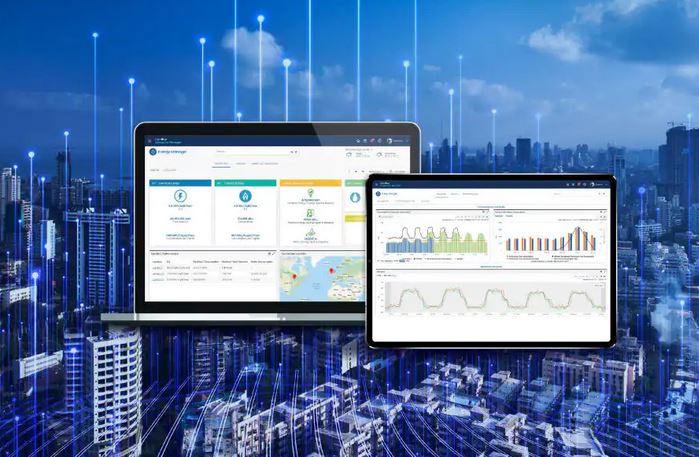— Survey shows the urgency with a 72 percent of respondents identifying sustainability as an increasing priority over the past two years — Overwhelming majority of 2,348 global senior sustainability leaders surveyed in 25 countries across the globe are investing in cleaner and more energy efficient buildings — Top three hurdles for customers today relate to the challenge what to measure and how to track their carbon footprints effectively Johnson Controls, the global leader for smart, healthy and sustainable buildings, today released the results of a global study to evaluate progress sustainability-focused companies have made in pursuing their goals, showing that sustainability is now the top global business investment priority and that the overwhelming majority of companies see clear competitive advantage from their sustainability focus and the goal of achieving net zero carbon. The survey clearly shows that business leaders see sustainability as the number one business priority. Results from a series of interviews and an online survey conducted by Forrester Consulting, commissioned by and developed in collaboration with Johnson Controls, found that to accelerate decarbonisation efforts, companies must align with stakeholder demands, collaborate with partners on transparent sustainability roadmaps and effectively measure the progress of sustainability initiatives. “The survey clearly shows that business leaders see sustainability as the number one business priority and that increasing investment in sustainability initiatives to improve business efficiency, reduce harmful environmental impacts and address urgent climate challenges, is top of mind,” said Katie McGinty, vice president and chief sustainability and external relations officer at Johnson Controls. “We also see a clear trend of customer demand for unique service and partnership models that allow them to focus on their core business while we drive customised, scalable steps for planning, execution, financing and reporting for their sustainability journeys.” In October 2021, 2,348 senior sustainability strategy leaders across 25 countries and 19 industries were surveyed about their top business priorities and sustainability strategies over the next 12 months. Key takeaways from the study include: Sustainability maturity delivers competitive advantage More organisations are realising that the future of business is inextricably bound to sustainability, with its importance continuing to increase. 72 percent of respondents indicated that implementing or maturing their sustainability programs is not only a top priority, but has also increased in importance over the past two years. Respondents found that embracing sustainability opportunities gave their organisations a competitive edge. More than 8 in 10 companies that recognise sustainability as an important business priority report benefits in the form of improved brand reputation (89%), decreased costs (89%), improved customer acquisition and/or loyalty (86%), and revenue growth (83%). In fact, 86 percent have a long-term goal for reducing carbon emissions by 2025 or earlier. By investing in decarbonisation efforts, companies hope to attract customers who share similar environmental values while also addressing the needs of investors. Incremental progress delivers exponential results Companies at every maturity level report they have realised or expect to realise a variety of benefits, with 9 in 10 or more of sustainably engaged companies seeing benefits in the form of improved efficiencies (96%), improved compliance (95%), improved employee recruitment and/or retention (90%), and reduced waste (90%). Companies are investing in people, process, and technology improvements because they understand that it takes a multi-faceted approach to achieve sustainability progress and success. Achieving decarbonisation requires a strategic plan and strong leadership Although organisations recognise the benefits of implementing sustainability practices, many companies don’t know where to start in preparing for critical business transformations. The survey findings indicated more than half of respondents hope to reduce energy consumption in their buildings by 2024 or earlier, but lack alignment around what metrics need to be tracked and how. Only 26% of respondents had ESG reporting software to help measure their progress and nearly 40% of respondents believe their organisations have a shortage of internal expertise, preventing them from tracking their carbon footprints effectively. While the survey shows that the business advantages of environmental improvements may look different across companies, there is consistent importance placed on strong leadership and strong partners to guide smart decisions. The Johnson Controls OpenBlue Net Zero Buildings as a Service Offering is a reliable path for companies looking to achieve net zero carbon and renewable energy goals. The offering recognises customers’ needs for making decarbonisation and renewable energy goals easier to plan, execute, track and achieve while optimising building performance. “To lead in the race to decarbonisation, companies must align priorities to the demands of many stakeholders, work with partners to develop transparent sustainability roadmaps, and identify metrics and adopt tools to measure progress,” said Mark Reinbold, vice president of global sustainability services & solutions at Johnson Controls. “More customers are looking for ways to make this process easy, and are transferring their sustainability commitments and the risk to reach these targets to Johnson Controls. It helps them optimising their building performance with technology that is capable of delivering significant energy savings and a corresponding drop in CO2 emissions, while also ensuring that outcomes will help the planet.” Johnson Controls has developed a holistic eight-step process to decarbonisation. The journey starts with decarbonisation advisory services and moves through assessment of digitally enabled environments, infrastructure efficiency, renewables and clean energy procurement, through to certification and impact measurement. For operations and continuous improvement, the game-changing new OpenBlue Net Zero Advisor will deliver real-time, AI-driven tracking and reporting of sustainability metrics, helping facility managers ensure and prove the net zero carbon reduction and renewable energy impact of their buildings. “2021 has been a critical year for climate change,” said Johnson Controls Chief Sustainability Officer McGinty. “It’s crucial for governments and the private sector to come together to drive meaningful emissions reductions by the end of this decade to avoid the disastrous effects of climate change and seize the upside economic opportunities for all. The recent COP26 Climate Summit brought together world leaders, academics, business executives and others. During the Summit Johnson Controls clearly demonstrated that with innovative technology already existing today, we can put ourselves and others solidly on the pathway to net zero before 2050.”














